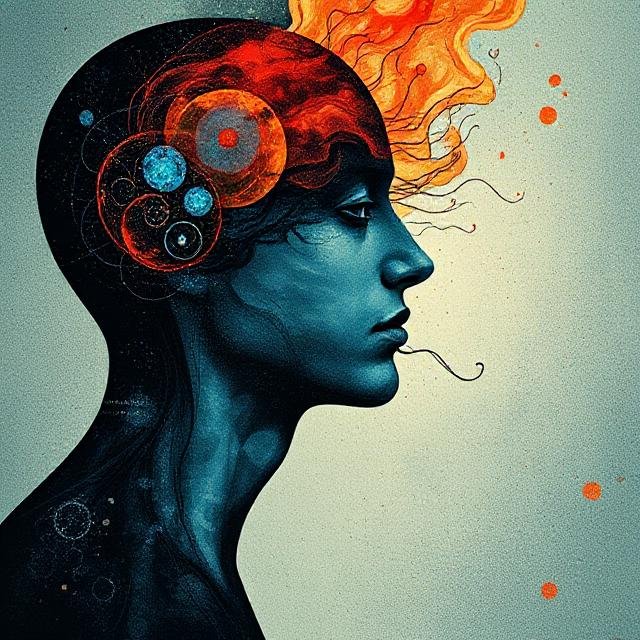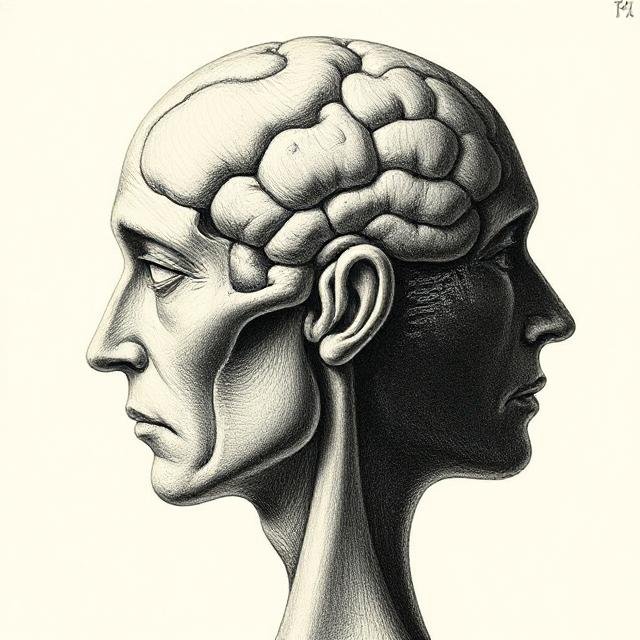Introduction
Bipolar disorder is a complex and chronic mental health condition characterized by extreme mood swings, including manic and depressive episodes. While it cannot be “cured” in the traditional sense, significant advancements in treatment and understanding have transformed it from a debilitating illness into a manageable condition for many individuals.
Understanding Bipolar Disorder
Bipolar disorder affects approximately 40 million people globally . It is believed to have a strong genetic component, with heritability estimates ranging from 73% to 93% . Environmental factors, such as stress and trauma, also play a role in its onset and progression.
Current Treatment Landscape
Pharmacological Interventions
Medications remain the cornerstone of bipolar disorder treatment. Traditional mood stabilizers like lithium have been effective but are underutilized due to side effects and monitoring challenges . Newer medications, such as aripiprazole and quetiapine, offer additional options for managing symptoms .
Psychotherapeutic Approaches
Psychotherapy, particularly Cognitive Behavioral Therapy (CBT) and Interpersonal and Social Rhythm Therapy (IPSRT), has proven effective in managing bipolar disorder. IPSRT focuses on stabilizing daily routines and addressing interpersonal issues, which can help prevent mood episodes .
Emerging Therapies
Innovative treatments are being explored to enhance management strategies:
- Ketogenic Diet: Preliminary studies suggest that a ketogenic diet may have mood-stabilizing effects, though more research is needed .
- Magnetic Seizure Therapy (MST): MST is being investigated as a potential treatment for treatment-resistant bipolar depression, showing promising results in early trials .
Innovative Research and Future Directions
Gut Microbiome and Mental Health
Emerging research indicates a link between the gut microbiome and mental health. A notable case study reported that a fecal microbiota transplant led to remission of bipolar symptoms, prompting further investigation into this area .
Advancements in Brain Imaging
Global initiatives, such as the ENIGMA study, are mapping brain signatures associated with bipolar disorder. These efforts aim to identify biomarkers that could lead to more precise and personalized treatments .
Conclusion
While bipolar disorder may not be “curable” in the traditional sense, ongoing research and advancements in treatment have significantly improved outcomes for many individuals. A combination of pharmacological, psychotherapeutic, and emerging therapies offers a comprehensive approach to managing the disorder.













